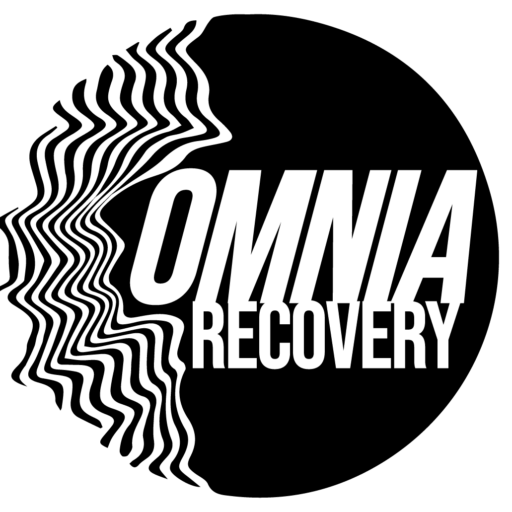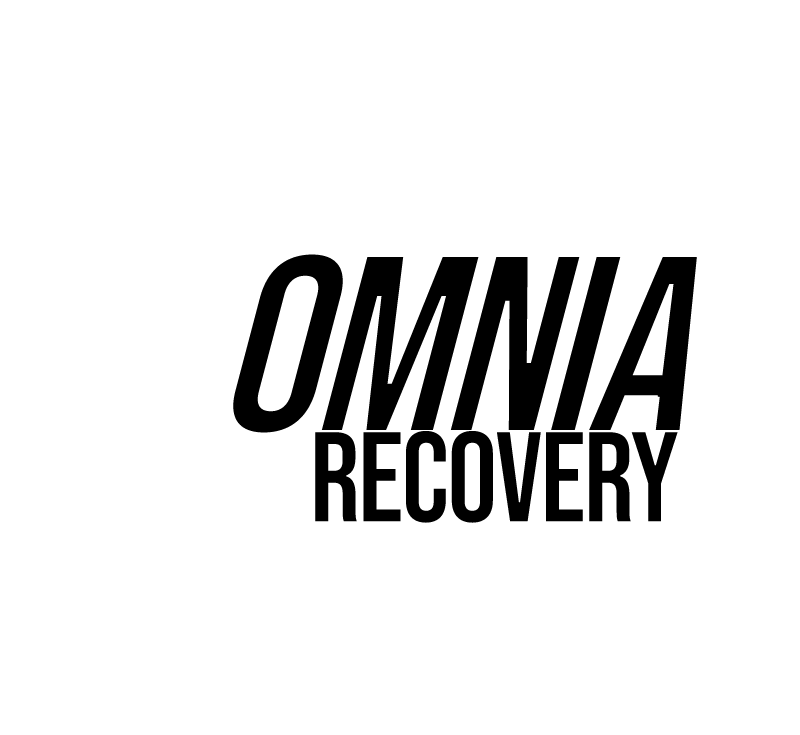At Omnia Recovery, we understand that addressing behavioral health includes considering all aspects of a person’s lifestyle. One significant factor that often goes hand-in-hand with mental health is smoking. The relationship between smoking and mental health is complex and multifaceted. Let’s delve into the impact of quitting smoking on mental health and why it’s an important consideration in overall wellness.
Research has consistently shown a strong association between smoking and mental health disorders such as anxiety, depression, and stress. Many individuals with these conditions use smoking as a coping mechanism, believing it helps alleviate symptoms temporarily. However, the reality is more complex, and smoking can have detrimental effects on mental health in the long term.
Impact of Smoking on Mental Health
Increased Risk of Mental Health Disorders
Smokers are more likely to develop mental health disorders compared to non-smokers. Studies have shown that nicotine addiction can exacerbate existing mental health conditions and increase the risk of developing new ones.
Exacerbation of Symptoms
Smoking can worsen symptoms of anxiety and depression. Nicotine, the addictive substance in cigarettes, initially produces a calming effect due to its impact on dopamine release. However, this effect is short-lived, and regular smoking can lead to increased anxiety and depression symptoms over time.
Reduced Effectiveness of Medication
Nicotine can interfere with the effectiveness of certain medications used to treat mental health disorders. For example, nicotine induces the metabolism of psychiatric medications, such as antidepressants and antipsychotics, leading to lower blood levels and reduced efficacy. This can make it harder for individuals to manage their symptoms and achieve stable mental health.
Cognitive Function
Smoking has been linked to cognitive impairments, including poorer memory, attention, and processing speed. These cognitive deficits can exacerbate symptoms of mental health disorders and make it more challenging for individuals to engage in daily activities and work.
Stress Response
Contrary to popular belief, smoking does not effectively reduce stress. While individuals may perceive smoking as a stress-relieving activity, it actually increases physiological stress responses and can lead to heightened stress levels in the long term.
Psychosocial Factors
Smoking is often associated with social and environmental factors that can contribute to mental health issues. Social isolation, stigma associated with smoking, and financial stress related to the cost of cigarettes can all impact mental well-being.
Benefits of Quitting Smoking
Quitting smoking can have profound positive effects on mental health:
- Improved Mood: Many people report feeling less anxious and depressed after quitting smoking.
- Reduced Stress: Contrary to popular belief, smoking does not actually reduce stress. Quitting can lead to a decrease in stress levels over time.
- Better Mental Clarity: Nicotine withdrawal symptoms can initially cause irritability and mood swings, but as the body adjusts, mental clarity often improves.
Challenges and Strategies
Quitting smoking can be challenging, especially for individuals using cigarettes as a coping mechanism for mental health symptoms. At Omnia Recovery, we provide comprehensive support to address these challenges:
- Behavioral Therapy: Cognitive-behavioral therapy (CBT) and other therapeutic techniques can help individuals develop healthier coping strategies.
- Medication: Nicotine replacement therapy (NRT) and other medications can help manage withdrawal symptoms.
- Support Groups: Peer support can be invaluable during the quitting process.
Omnia Recovery Can Help With Mental Health and Behavioral Health Challenges
The relationship between quitting smoking and mental health is clear: quitting smoking can have a positive impact on mental well-being. At Omnia Recovery, we are committed to supporting individuals in their journey toward better health, including smoking cessation and mental health treatment.
If you or someone you know is struggling with smoking cessation and mental health issues, please reach out. Our team at Omnia Recovery is here to provide the support and resources needed to achieve lasting health and wellness. Contact our admissions team today to learn how our behavioral health treatment center can help.




